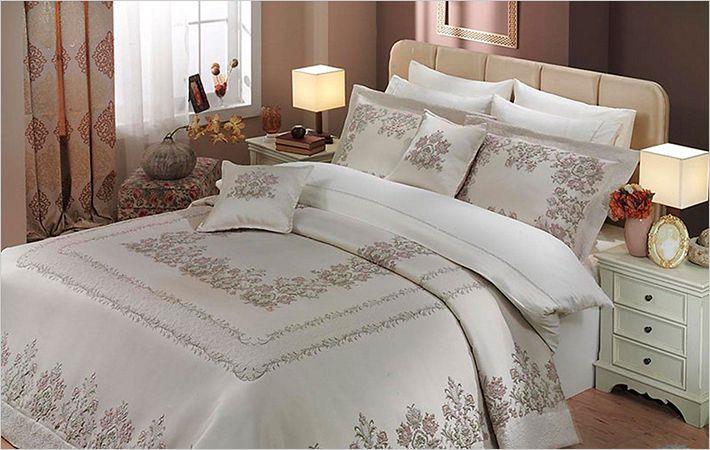
“Activity in homebuilding varied widely depending on the Member State, and purchasing of homeware followed suit,” Euratex states in its Bulletin 2|2017, which provides an in-depth analysis of the EU textile and clothing external trade for 2015-2016.
The report includes trade trends by sector, i.e. fibres, yarns, fabrics, carpets, technical textiles, home textiles, home textiles, workwear, mens and womenswear, by products and by EU main trading partners.
Imports of home textiles from outside the EU reached €6 billion in 2016, and were mainly divided among four countries: China (share 33 per cent), Pakistan (25 per cent), Turkey (16 per cent) and India (11 per cent). Besides, there were remarkable gains in value for Vietnam, Morocco, Taiwan and Ukraine.
In 2016, EU imports of menswear climbed to more than €20 billion, accounting for 25 per cent of total clothing imports. Of the five main imported menswear items (trousers, shirts, coats, underwear, jackets), only shirts suffered weaker demand. China remained the main supplier of menswear. In value terms, its share of total imports stood at 28 per cent, representing another year of steady decline. The EU-28’s second ranked supplier, Bangladesh, continued its inexorable rise adding 8.5 per cent to improve its market share. A comparable situation was observed in imports coming from Pakistan which added 5.8 per cent in value.
Imports of womenswear reached €29 billion, constituting 36 per cent of total EU-28 clothing imports. Imports rose for the five main imported items: trousers, skirts and dresses, coats, blouses and underwear. China continued to be the main supplier but its share was being eroded year-on-year. Due to continued annual expansion of its import share, Bangladesh was inevitably next in line behind China, with value increasing by 13.7 per cent. In third place, Turkey continued to be a preferred traditional supplier even with a slight dip of 0.3 per cent.
Among other clothing articles, EU imports of worn clothing achieved an outstanding growth while pullovers and cardigans declined. (RKS)
Fibre2Fashion News Desk – India